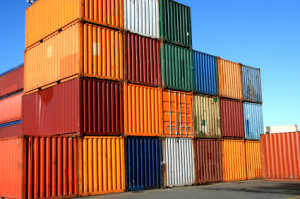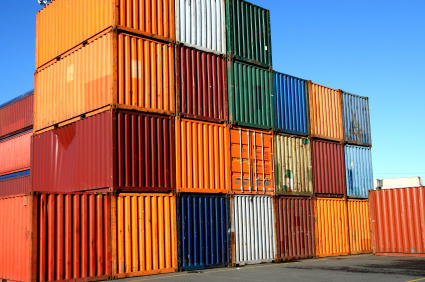 EMPTY containers used in domestic or foreign trade will not be charged import, export, or domestic wharfage provided that they are owned by the carrying vessel, the Philippine Ports Authority (PPA) clarified.
EMPTY containers used in domestic or foreign trade will not be charged import, export, or domestic wharfage provided that they are owned by the carrying vessel, the Philippine Ports Authority (PPA) clarified.
The port regulator issued PPA Memorandum Circular 13-2013 dated Dec. 11, 2013, to clarify gray areas in an older memorandum regarding the assessment and granting of exemption of wharfage – a fee that traders pay for moving their goods through a port – for empty containers.
Memorandum Circular 13-2013, which takes effect starting Jan.1, 2014, amends Memorandum Circular 22-2004 issued on July 12, 2004 which amended the guidelines on the treatment of empty boxes in foreign and domestic trade.
For a copy of PPA MC 13-2013, go to http://www.scribd.com/doc/195761352/PPA-Memorandum-Circular-13-2013.
The PPA said that despite another circular issued in September 2004 clarifying the Memorandum Circular 22-2004, “there (were) still some issues raised” on the grant of exemptions.
Under the new memorandum circular, foreign empty containers are subject to import wharfage if they are not owned by the carrying vessel and are transported to other domestic ports.
Foreign-owned emptied containers which exceed the period for conditional entry allowed by the Bureau of Customs are also subject to wharfage, as do empty containers owned by container leasing, cargo forwarding or logistics companies.
Foreign containers are exempt from import wharfage if they have been emptied or stripped of their contents.
Other exemptions
Also exempt from the fee are empty leased containers carried or employed by the vessel owner provided that they are manifested, as well as containers not owned by the carrying vessel but that vessel has a co-loading arrangement with another shipping line.
Empty containers bound for other countries manifested as commercial cargo and not owned by the carrying vessel are subject to wharfage.
However, empty containers bound for other countries and owned by the carrying vessel are not subject to wharfage.
Domestic empty containers used in coastwise trade and owned by a shipping line other than the carrying vessel owner, and containers owned by container leasing, cargo forwarding or logistics companies are subject to wharfage.
Foreign empty containers requiring transport to another Philippine port in order to load export cargo via domestic vessels are exempt from the fee.
Containers emptied of its imported contents and used consequently for export of domestic cargoes are also exempt from wharfage. –– Roumina M. Pablo





